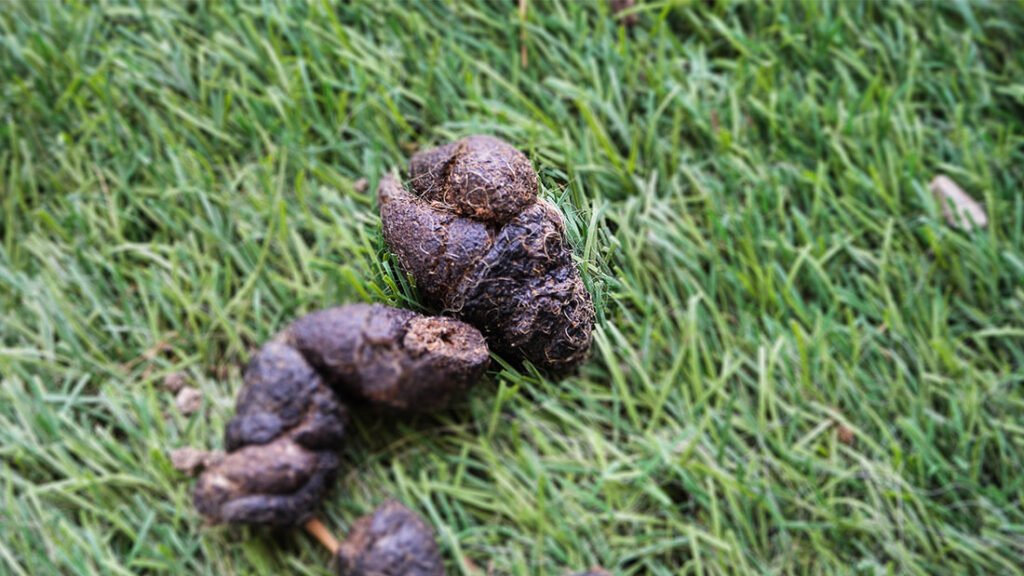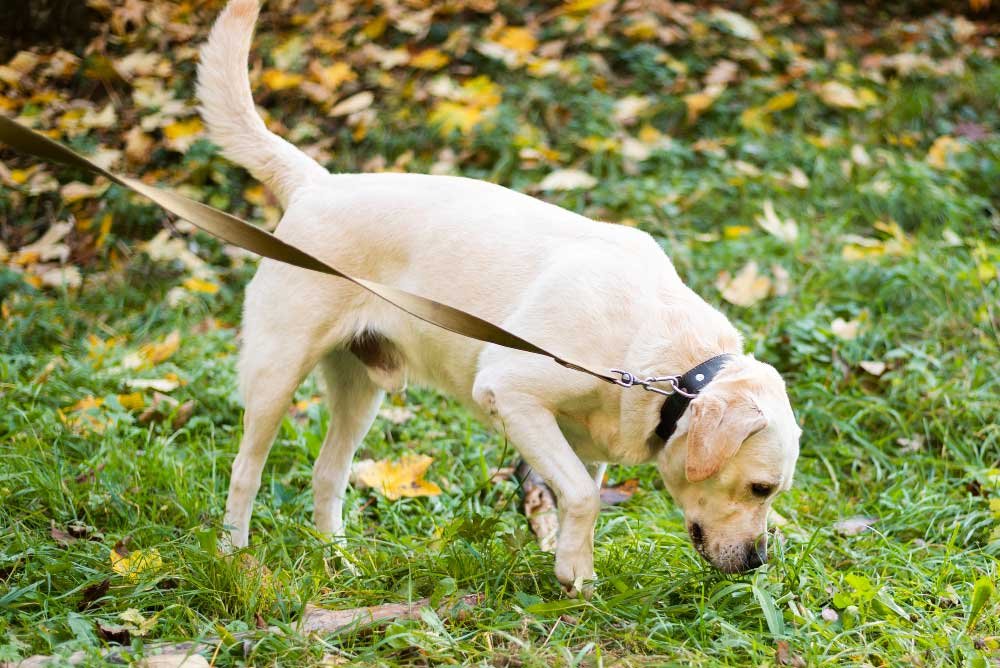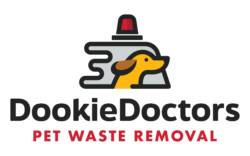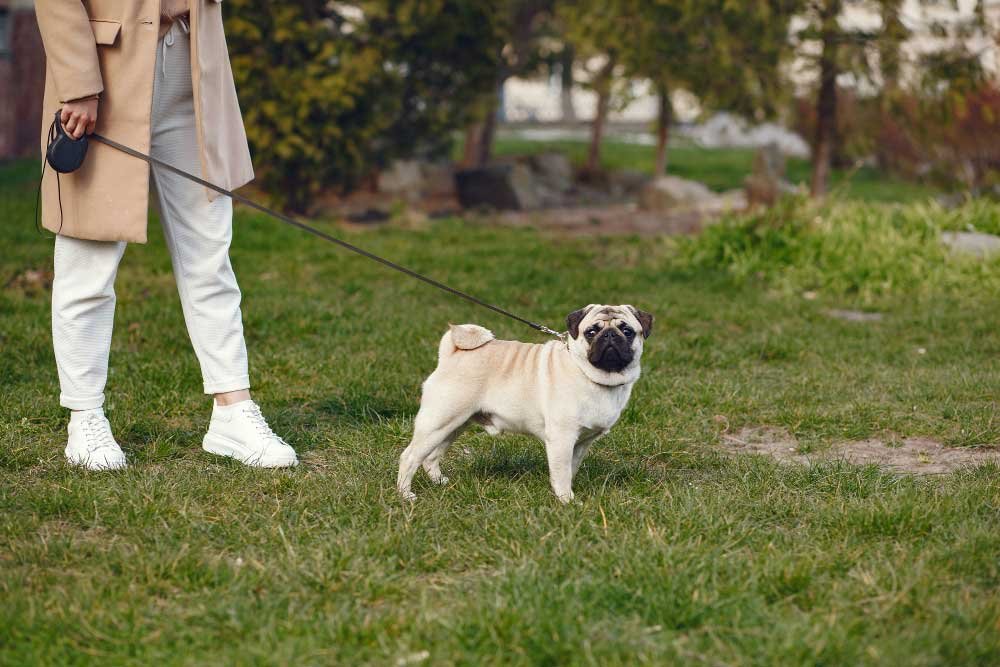Living in a community with a homeowners’ association (HOA) means your dog isn’t just your buddy, your dog is also a neighbor. Clean common areas keep people healthy, protect local water, and prevent arguments. When it comes to dog poop removal in Pittsburgh, what most HOAs expect in 2025 and how to avoid tickets, fines, and tense emails.
Why HOAs care about dog waste
Dog poop isn’t just messy. It carries germs and nutrients that wash into storm drains when it rains. That runoff can pollute creeks, ponds, and beaches. The U.S. Environmental Protection Agency explains that pet waste adds bacteria and excess nitrogen and phosphorus to urban waters, which hurts water quality.
There’s also a health angle at home. The CDC notes that parasites like roundworms (toxocariasis) spread through contact with infected dog or cat poop. Picking up waste and washing hands lowers that risk.
Also Read: Environmental Impact of Dog Waste: Why Proper Disposal Matters

The core rule: pick up every time, everywhere
Most HOAs require you to pick up immediately: on grass, sidewalks, planters, trails, and natural areas. “I’ll grab it on the way back” doesn’t fly. A single gram of pet waste can contain millions of bacteria, so leaving it even for a short time creates problems.
Bag it and bin it. Carry bags, tie them shut, and put them in a trash bin or the pet-waste station can. Don’t toss bags into bushes or leave them on the curb. City and county stormwater programs say this “bag and trash” method prevents pollution and odors in shared areas.
What you’ll see around the community
Many HOAs install pet stations with bags and covered cans. The Community Associations Institute (CAI) recommends placing stations where people actually walk their dogs and keeping them stocked and emptied on schedule. Well-placed stations make pickup simple and cut down on complaints.
You may also see signs marking dog-friendly routes or small “relief” areas. These aren’t hints; they’re part of the rules. Use them when they’re available so cleanup stays easy and consistent.
Leash and area rules go hand in hand
Waste rules often sit next to leash rules. HOAs commonly restrict dogs near pools, playgrounds, and clubhouses. Keeping your dog on a leash helps you see and remove waste right away, which is the whole goal.
Fines and due process
Most communities use a simple ladder: a warning, then a written violation, then a fine per incident. You usually have the right to a short hearing with the board to share your side. Read your community documents so you know the timelines and how to appeal.
What about service and support animals?
Assistance animals get fair housing protections, but sanitation rules still apply. HUD allows housing providers to set reasonable rules that protect health and property. That includes requiring owners of assistance animals to control the animal and clean up waste like everyone else.

Simple habits that keep you violation-free
- Carry extra bags. Keep a roll by the door, in the leash pouch, and in the car.
- Pick up immediately. Don’t leave it “for later.” Rain or sprinklers can move waste into drains within minutes.
- Tie the bag and trash it. Use stations or your household bin. Never in storm drains.
- Wash your hands. Good hygiene breaks the parasite cycle noted by the CDC.
- Stick to marked areas. When relief zones or routes exist, they’re there to make pickup faster for everyone.
Common mistakes that still get people fined
- “I left the bag on the curb to grab later.” That’s littering, and it counts as a violation.
- “It’s the woods, it’ll break down.” Decomposition doesn’t remove bacteria and nutrients that can wash into water.
- “My dog went off-leash and I didn’t see it.” Uncontrolled roaming leads to missed cleanup and complaints, then fines.
Can you compost or flush dog waste?
Unless your HOA and your local utility say it’s allowed, the safe default in shared communities is to bag and trash dog poop. Multiple city stormwater programs recommend this method because it prevents runoff pollution and keeps smells down around homes and walkways.
When life gets busy, hire help
Travel, injury, or a packed week can make daily pickup tough. Hiring a reliable yard-cleaning company keeps you compliant and keeps odors down. Look for local options such as dog poop removal in Pittsburgh PA to keep your area clean between HOA rounds and lawn days.
HOAs also hire vendors for common-area hotspots. CAI suggests regular service for stations and problem zones so bins don’t overflow and paths stay pleasant. That steady maintenance keeps tensions low and makes the rules easier to follow.
Bottom Line:
Clean paths and lawns help everyone. They also protect local waters and wildlife. If your board needs extra support, a vendor can service stations and high-traffic spots on a set schedule. Communities stay cleaner, and people notice. Looking for more help where you live? A professional dog poop removal service in Pittsburgh PA like Dookie Doctors can keep things tidy all week long while you focus on the fun parts of pet ownership.

